In the strange world of quantum mechanics, particles exist in a haze of probability until measured—a phenomenon that has baffled physicists for nearly a century. But what if consciousness itself plays a role in collapsing these quantum possibilities into concrete reality? This provocative question lies at the heart of an emerging dialogue between quantum physics and cognitive science, where the observer effect takes on startling new dimensions.
The traditional Copenhagen interpretation treats measurement devices as sufficient to collapse quantum superpositions. Yet increasingly, researchers are questioning whether conscious observation might represent something fundamentally different from mechanical detection. At Stanford’s Center for Quantum Consciousness, experiments using novel interferometry techniques have shown curious correlations between subjects’ focused attention and the behavior of quantum systems. When observers concentrate on specific outcomes, certain quantum events appear to resolve more rapidly—as if mental intention subtly influences the waveform’s collapse.
This research builds upon earlier work by von Neumann and Wigner, who proposed that consciousness might represent the ultimate "cut" between quantum possibilities and classical reality. Modern quantum cognition models suggest our brains may process information through genuine quantum computation, with microtubules in neurons functioning as quantum coherent systems. If true, this would mean human consciousness doesn’t merely observe quantum effects—it participates in them at a fundamental level.
The implications ripple across disciplines. In artificial intelligence research, engineers debate whether true machine consciousness would require quantum processing capabilities. Meanwhile, meditation studies at the University of Arizona have documented experienced practitioners affecting quantum random number generators through focused intention—results that conventional physics struggles to explain. These findings don’t necessarily prove consciousness causes collapse, but they reveal puzzling interactions that demand new theoretical frameworks.
Critics argue these ideas venture dangerously close to pseudoscience, noting that decoherence theory already explains wavefunction collapse through environmental interaction. Yet even staunch materialists acknowledge the "hard problem" of consciousness—the unexplained leap from neural activity to subjective experience. Some quantum consciousness theorists propose this gap might reflect our incomplete understanding of measurement itself. Perhaps consciousness and quantum physics represent two perspectives on a deeper, unified phenomenon.
As experimental techniques grow more sophisticated, the debate enters new territory. Quantum biology research reveals possible quantum effects in photosynthesis and bird migration, suggesting nature routinely exploits quantum phenomena at macroscopic scales. If biological systems can maintain quantum coherence, why not neural processes? The emerging picture suggests a spectrum of "observation"—from simple detection to full conscious awareness—that may correlate with different modes of quantum interaction.
This isn’t to revive discredited Cartesian dualism, but to explore whether consciousness represents a novel physical phenomenon with measurable quantum signatures. Researchers at the Perimeter Institute now model consciousness as a quantum field phenomenon, where subjective experience emerges from particular configurations of quantum information. Such models remain speculative, but they demonstrate how seriously the scientific community is beginning to take these questions.
The measurement problem has always been quantum mechanics’ deepest mystery. As we probe the intersection of quantum physics and consciousness, we may discover that observation isn’t just a passive recording of reality—but an active participant in its very creation. Whether this leads to a revolutionary new paradigm or merely deeper confusion remains to be seen. What’s certain is that the observer effect continues to challenge our most basic assumptions about reality, measurement, and the nature of mind itself.

By /Aug 14, 2025
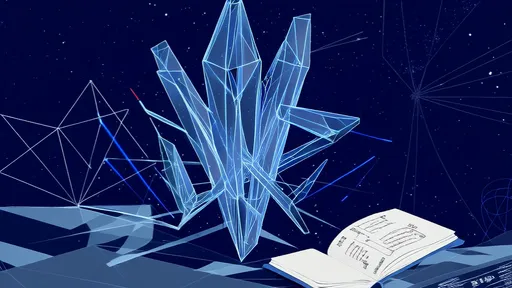
By /Aug 14, 2025

By /Aug 14, 2025
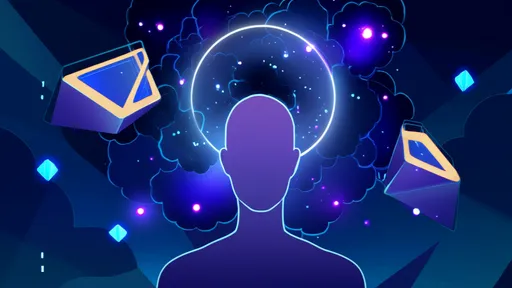
By /Aug 14, 2025

By /Aug 14, 2025

By /Aug 14, 2025

By /Aug 14, 2025

By /Aug 14, 2025

By /Aug 14, 2025

By /Aug 14, 2025
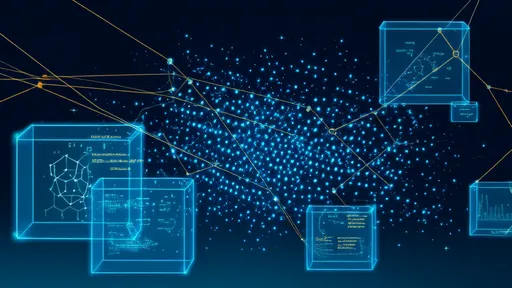
By /Aug 14, 2025
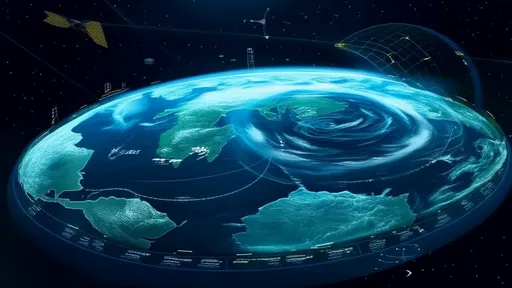
By /Aug 14, 2025

By /Aug 14, 2025
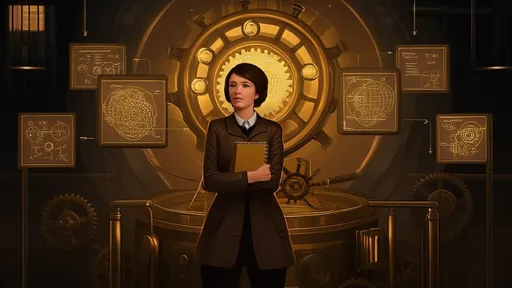
By /Aug 14, 2025

By /Aug 14, 2025

By /Aug 14, 2025

By /Aug 14, 2025

By /Aug 14, 2025
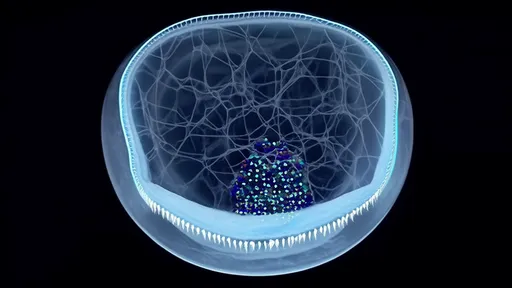
By /Aug 14, 2025

By /Aug 14, 2025